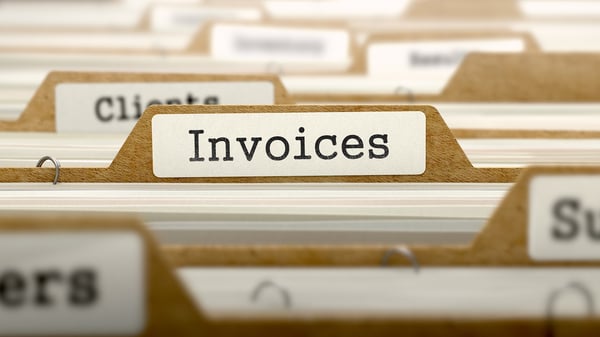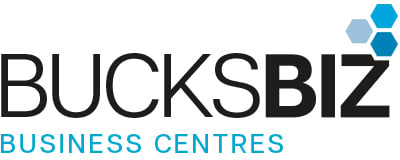Today (17th October) is 'Get Smart About Credit' day. Whilst the day was established by the ABA (American Bankers Association) to help encourage young people to get a handle on their finances from a young age, it did prompt us to have a think about credit, and its affect on small businesses. We're not going to go in to your overdraft/loan/credit card decisions (we'll leave that to the experts) but what about the credit you extend to your customers? Many of our residents at Bucks Biz are small-medium businesses, sole traders and freelancers, and even just the standard 30-day payment terms on invoices can put a strain on your cash flow. Read on, to find out what we discovered we should be looking out for, when extending credit to our customers.
First things first, what do we mean by 'Credit'? Whenever you send an invoice which allows your customer to pay after delivery of your product or service, you are extending credit. Most of the time, we extend official credit, by allowing our customers 30 days to pay their invoices. Once the agreed timeframe has been exceeded and your customer still has not paid, they have gone in to unofficial, or unauthorised credit. But what if you didn't agree a payment date? www.gov.uk says this: "If you do not agree a payment date, the law says the payment is late 30 days after either: the customer gets the invoice or you deliver the goods or provide the service (if this is later). This is important, because the law also says that you can charge interest on late payments over 30 days.

According to www.gov.uk: The interest you can charge if another business is late paying for goods or a service is ‘statutory interest’ - this is 8% plus the Bank of England base rate for business to business transactions.
For Example
If your business were owed £1,000 and the Bank of England base rate were 0.5%:
- the annual statutory interest on this would be £85 (1,000 x 0.085 = £85)
- divide £85 by 365 to get the daily interest: 23p a day (85 / 365 = 0.23)
- after 50 days this would be £11.50 (50 x 0.23 = 11.50)
Send a new invoice if you decide to add interest to the money you’re owed.
Smallbusiness.co.uk reported earlier this year that "In 2018, small businesses were owed an average of £80,141, nearly a quarter more than in 2017 and worryingly, 17% were owed between £100,000 and £500,000."
It goes without saying that that kind of credit can have massive impacts on small businesses - causing them to have problems paying their own bills and wages, and even forcing them in to closure.

Tim Vine, at Dunn & Bradstreet has these four top tips to make sure you don't fall foul of negative cash-flow:
Take advantage of business data solutions
In order to protect your small business against late payments there are tools available that provide insight into payment practices, outstanding debts, liens, and other indicators of a company’s credibility and ability or willingness to pay on time
Explore alternative lending arrangements
As the issue of late payments increases, more lenders are often willing to extend financial solutions to compensate for delays. Single-invoice financing can also provide a back-up option to aid cash flow
Manage cash flow effectively
However, rejigging lending arrangements not being a sustainable way to operate, it’s crucial for small businesses to manage their cash flow by having clear invoices, a partial payment upfront policy, and creating an incoming/outgoing budget. This will help SMEs manage any deficit which might be caused by late payments – and then if small businesses meet a situation where they do require loan, a positive cash flow makes it much easier to get one.
Define a credit policy
Small businesses should assign every vendor with a set credit limit based on their previous behaviour and check each vendor’s commercial credit file. By doing so before extending credit, it can also help SMEs to avoid the risk of working with a company which pays slowly and can help them decide what credit limit to extend.
Protecting small businesses against late payments is one area where the Government, business and technology can bring about positive change amid the current uncertain climate. You can read more about the law surrounding late payments and interest charges at http://www.legislation.gov.uk/ukpga/1998/20/contents
Related Posts

What do I do with my new graduate?
As the first few graduation photos start to hit our social media feeds, full of grins and proud...
Meet The Neighbours: AlterEgo Creative Solutions
Today in the UK is Social Enterprise Day, so we thought we'd introduce you to one of the Social...
Meet The Neighbours - VenueTour 360
We love to introduce you to your neighbours here at Bucks Biz and this week, we talked with Steve...
